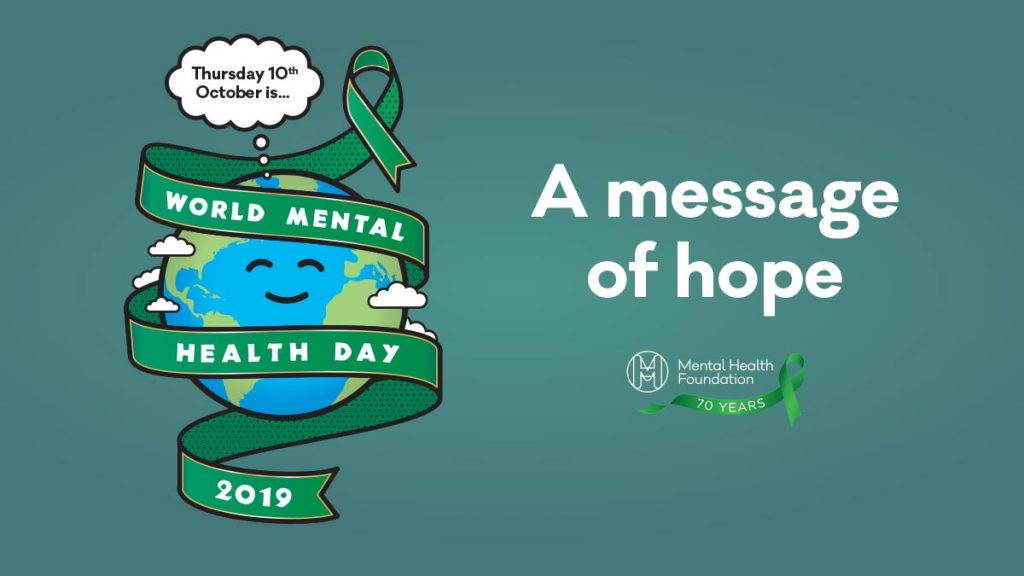
by Staff writer
World Mental Health Day 2019: The potential severity of untreated mental illness
This year we at JSA Psychotherapy, and many other organisations such as the World Health Organisation and Mental Health Foundation, have observed the annual World Mental Health Day which took place on Thursday the 10th of October. This international event occurs every year for the purposes of raising awareness of, and instigating critically important conversations around, issues of mental illness.
Each year is distinguished with an individual theme for the day, in order to shine the spotlight more directly on a matter that has demonstrated an even greater necessity for understanding. In years past, this platform has been used to facilitate discussion of young people’s mental health, mental health in the workplace and psychological first aid.
There are all extremely important issues with far reaching impacts on countless people, and ones which we have discussed at length in previous articles. This year’s topic however, suicide prevention, is especially important given the severity of its subject matter. Indeed, it is essential to ensure that help is available to those who have reached such a desperate degree of distress.
However, it’s also important to remember that suicidal ideation does not develop overnight, or on its own. Circumstantial factors such as particularly devastating trauma may rapidly exacerbate a downturn of wellbeing, but the foundations for this are often laid by many years of earlier, unresolved issues and an absence of emotional resources.
Within the psychotherapeutic profession it’s recognised that crucial preventative assistance can be imparted in a variety of ways. This is particularly true when addressing these compounding earlier issues before they can come to inhibit someone’s quality of life to such an overwhelming degree. As such, recognising the signs of a concerning emergent trajectory can sometimes become a matter of life and death.
Common indicators of overwhelming stress and dejection often include symptoms of chronic anxiety and depression. It is possible to relieve these persistent feelings of distress, hopelessness, insecurity and low self-worth through structured clinical intervention. Cognitive Behavioural and Emotion-focused therapy can be excellent, direct methods of achieving this.
If you would like to learn more about these issues, book directly for an initial consultation, or ask us to help impart a more specific and directly applicable understanding of these issues at your workplace, please contact us at office@jsapsychotherapy.com or on 01282 685345.
Alternatively, it may be the case that the source of the issues described above is a much more complex, deeply rooted instance of unresolved trauma. This can take the form of a specific ‘single-event’ trauma or could instead represent many years of collective ‘chronic’ trauma. In either case, specialised therapeutic models such as Trauma-focused CBT or EMDR may be utilised to achieve the resolution of trauma, and a subsequent end to the ongoing mental illness that it instils.


